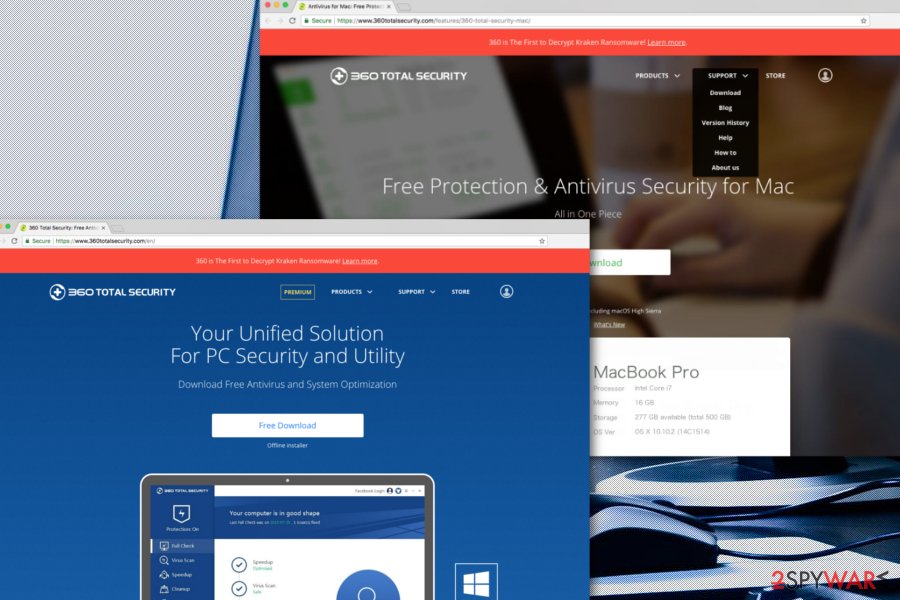What Cyber Security Program Is Best For Cleaning My Mac Of Porn Traces

The spreadsheet application also sports improved reliability of chart updates, reference links, and formula calculations and edits. Another fix targets an issue that caused Excel 2008 to reject the entry of international decimal separators in some Error Amount entry boxes. Similarly, Excel has also gained a fix that will now allow documents downloaded from the Web to open correctly when double-clicked. Meanwhile, PowerPoint was updated with a fix to an issue that caused the presentation software to take a long time to open files that rely on the 'DFP' family of fonts, while Entourage gained a fix to an issue that caused the email and personal information management application to quit unexpectedly when a Mac was being woken up from sleep. Upgrade office for mac 2004 to 2008. Microsoft Office 2004 for Mac 11.5.0 Update Separately on Tuesday, Microsoft also issued [], which improves compatibility when using documents that were created in Office 2008 for Mac and in 2007 Office for Windows.

Internet security software is a step up from basic Mac antivirus programs that cost about $50 for a single license and don’t include the same number of protection tools as Mac internet security software. I was just told to down load a program off safer-networking.com to see if it would help remove a porn web site that showing up on my computer and help with my internet connection from randomly cutting.
How to clean your computer’s software Once your computer’s physical parts are clean, it’s time to attend to the programs that create and store your important information. Here’s how to keep your computer’s “mind” as clean as its “body:” • Backing up your data regularly is a must. A laptop or tablet can be replaced, but the information inside it might be irreplaceable. Generally speaking, there are two options for backing up data: you can make a copy in a physical location, such as on an external hard drive or thumb drive, or you can make a copy that is stored on the “cloud,” or online, in a secure location. Whichever you choose, commit to backing up your computer at least once per week, or more often if you are working on a critical document like a business contract or a collection of precious family photos. • Internet security software helps ensure that sneaky viruses and malware don’t get in and wreak havoc on your information—or worse, steal your identity. • Outdated software is particularly vulnerable to malware, because most updates are created in order to keep software safe.
Make sure your software is updated. While you do updates, check to make sure you’re actually using the programs on your system, and delete any you no longer use. This helps ensure that your computer doesn’t get bogged down with unnecessary data, and it limits the number of programs that malware might “hijack” in order to gain access to the system. Tidy up your digital life It’s time to delete those digital dust bunnies – that includes programs you don’t use and unimportant files littering your desktop. Here are a few quick tips to get started: • Cleanup your PC workspace Some programs automatically create a short-cut that will be displayed as an icon on your desktop.
Deleting short-cuts that you don’t use will not delete the program, but it will keep your desktop clean and organized. • Get organized Create categories for your files (work, financial statements, family photos, kids’ homework, etc.), then create and label folders to bucket your files into. Delete unimportant items that don’t belong in either folder.
When all is squared away – create a backup to save your files in a secure location other than your device hard drive. • Update your passwords Regularly updating your passwords across all accounts and devices is a good digital security habit to adopt even when you’re not spring cleaning.